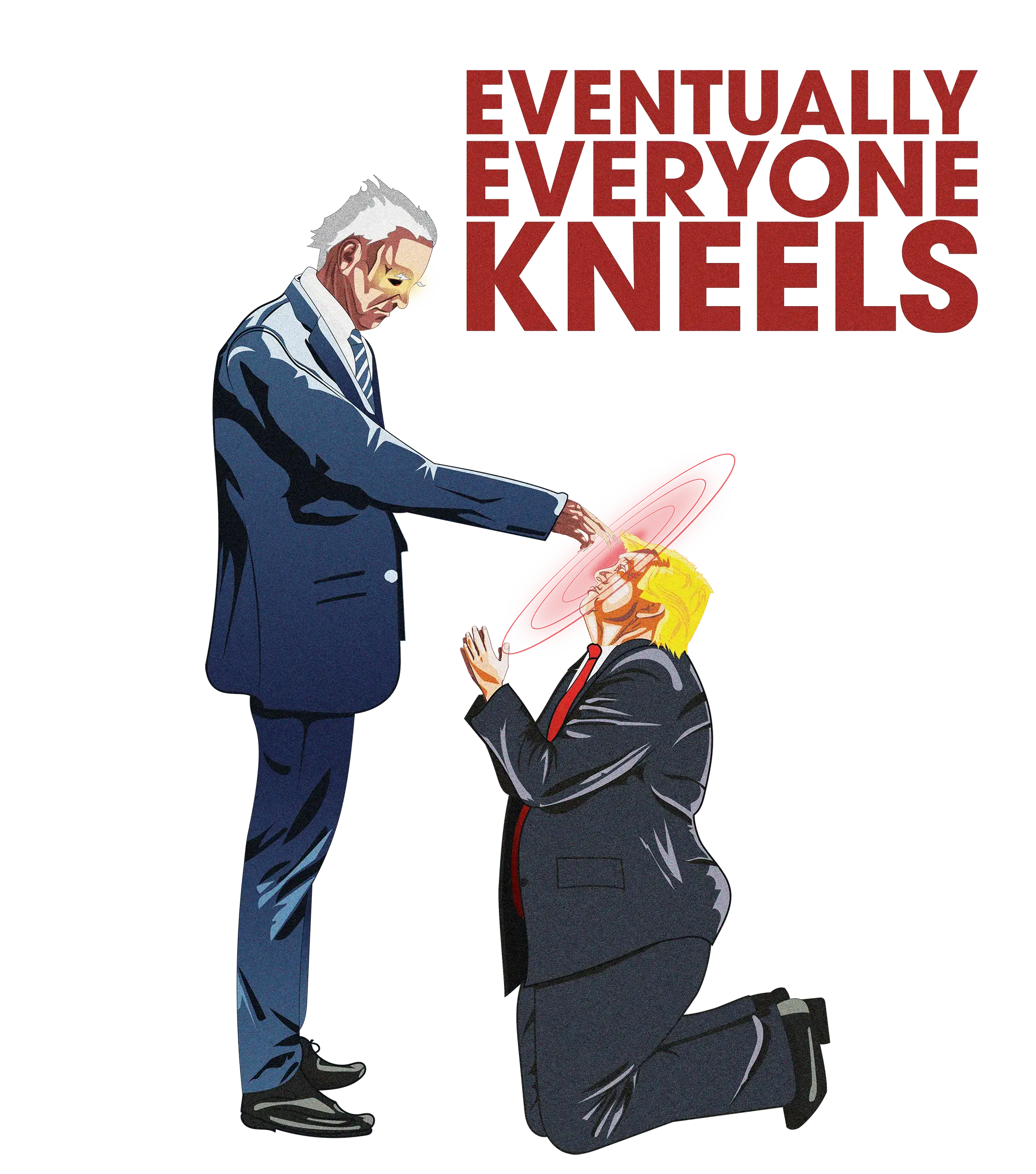

For what it’s worth, and maybe I’m naive, but I read that comment not about not meeting some criteria of what appears on a driver’s license… But instead rebuking the notion that JD has acted with the integrity required to achieve “manhood”.
English has really massacred the ability to clearly articulate concepts around biology, identifying as a boy or girl, and then having lived in such a way to have “ascended” to “manhood/womanhood”.
JD Vance is a boy if he says he’s a boy. Being a man isn’t so simple. I reject that he is a man.











Yeah re-reading that line, I think you’re right that they intended “trans” to mean “masqueradeding as”.
I agree with the sentiment, but you’re right, it’s not cool to use “trans” for that purpose. Thanks for poking me to more carefully consider how the word was used here.